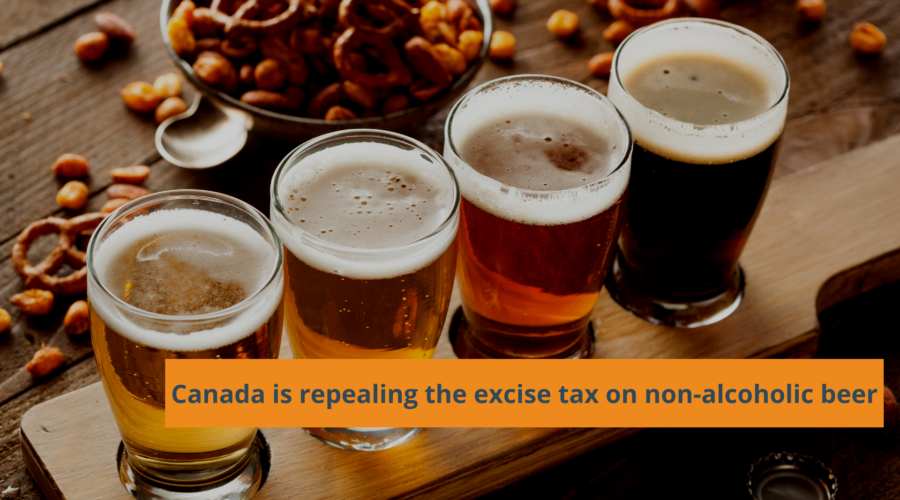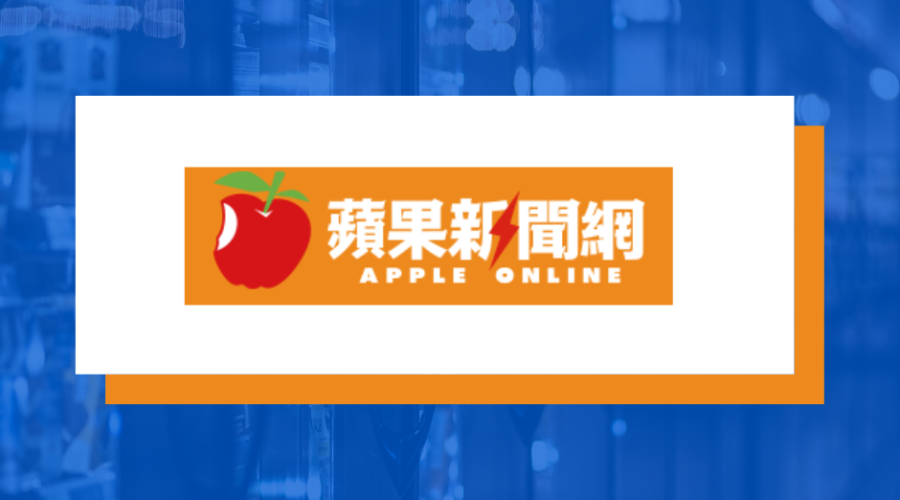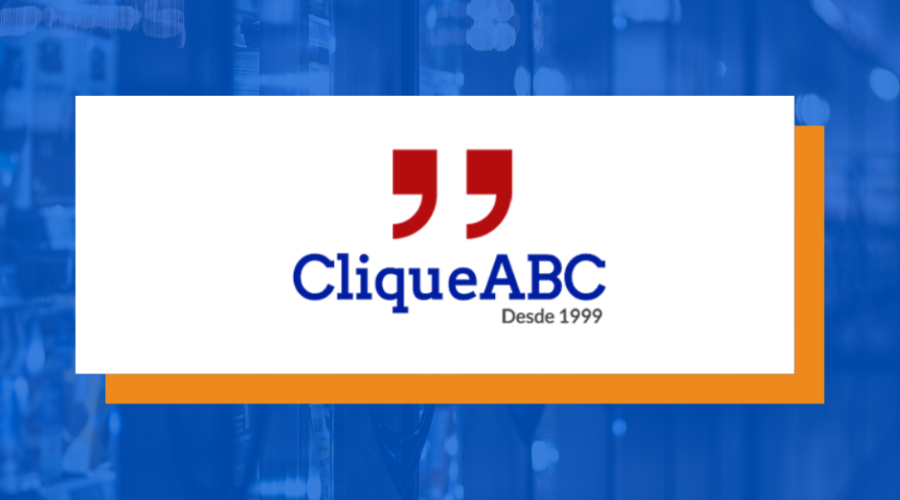Former Amb. Scott Brown chairs new group to oppose congressional ‘overreach’ into tech industry
15 groups are teaming up to push back against what they consider ‘overzealous antitrust enforcement and activist overreach’ of tech sector
Brown will chair a newly formed coalition of 15 groups, including business, consumer, and taxpayer advocates, that are teaming up to highlight what they consider misguided congressional attempts to “overregulate and harm” America’s tech sector.
The group, titled “The Competitiveness Coalition,” will serve as a counterweight to what it charges are “Washington politicians’ attacks on our innovators.” News of the group’s launch was shared first with FOX Business on Wednesday.
Read the full article here
















